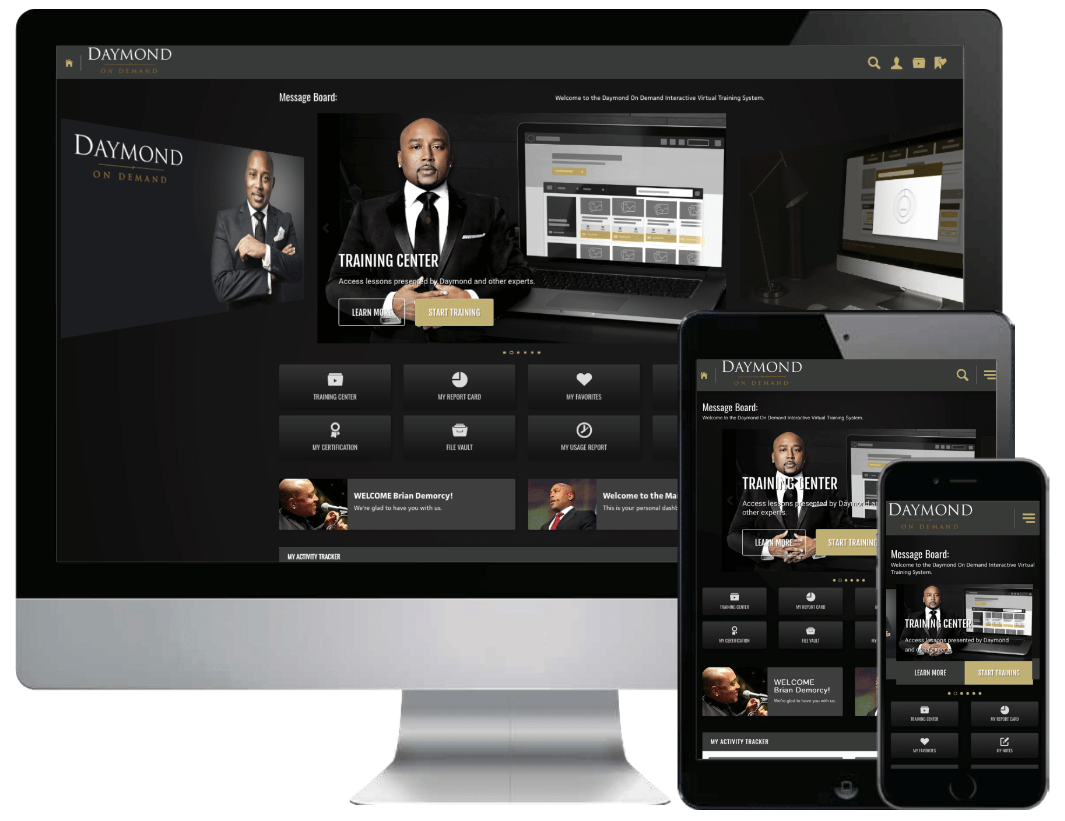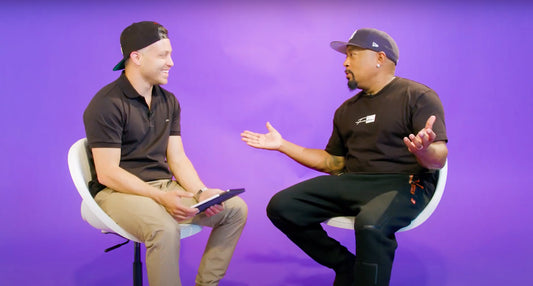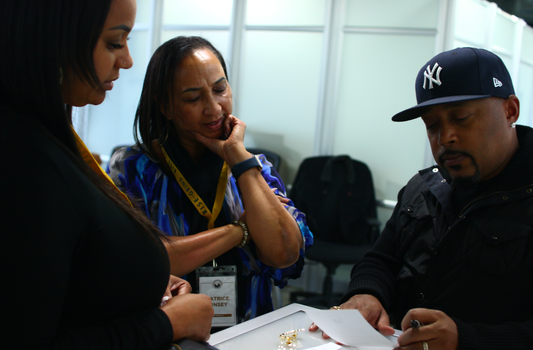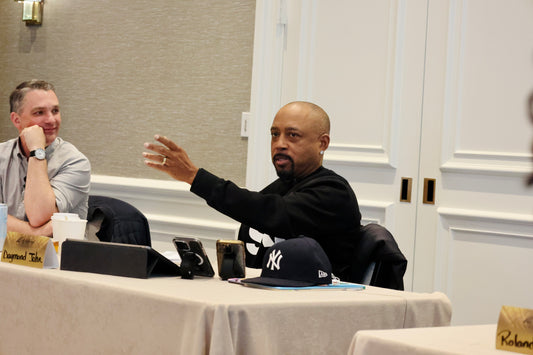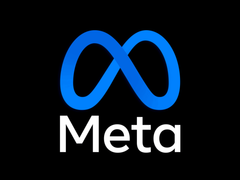Source: www.tigerweekly.com
By Emley Kerry
ABC’s “Shark Tank” throws homegrown, bright-eyed entrepreneurs in with five business “sharks” to present their business and solicit investments. The five potential investors must either bow out of the deal or negotiate the terms of their investment. Although they cannot offer less than the amount of money solicited by the contestant, they can haggle over royalties and percent of equity (stock) in the company.
The show is adapted from the Japanese program “Money Tigers” and comes to us by way of the British version entitled “Dragon’s Den.” Apparently, the idea of shrewd businessmen as vicious, carnivorous (often man-eating and mythical) animals is universal.
Each “shark” has a specific claim to fame that led them to their riches, which they promise to bring to the table to help grow the business in which they invest, and all have a keen business sense and an eye for what will succeed.
Kevin Harrington rules TV advertising as the billion dollar (unofficial) king of the baking infomercial, and many of the contestants need his “as seen on TV” stamp of approval. The quietest judge, Harrington often calls himself “out” of a deal because it does not fall into his line of business. His strangest acquisition on “Shark Tank” has been majority stock in a company called URO club: a hollow, fake golf club with a clip-on “privacy towel” which allows incontinent golfers to relieve themselves between holes.
Daymond John launched the urban street wear clothing line FuBu, which bagged a record $6 billion. He is a self-proclaimed “marketing and branding genius” and “brand whisperer,” who can rocket brands to fame with his marketing, manufacturing, and retailing contacts and expertise.
Kevin O’Leary, former president of The Learning Company, sold the business to Matel for $3.7 billion. Seated smack dab in the middle of the panel, O’Leary is the series’ hot head – the quick-tempered attack dog, the bad cop Simon Cowell of “Shark Tank,” who hates to have his time wasted and hates even more to be outbid. He does not hesitate to call the other judges stupid, the contestants greedy pigs, or the proposed business a joke.
Barbara Corcoran, the only female on the panel, is a $70 million real estate tycoon with an austere yet compassionate stare. She often keeps quiet during heated discussions between other “sharks” and often bids only when all other sharks have bowed out. Most of her deals are done despite the angry foreboding of Kevin incredulously yelling, “What do you think you’re doing? You’re crazy!”
Roger Herjavec profited from the dot-com bubble and sold his IT security firm – in which he owned 100 percent equity – to the tune of $350 million. He and Kevin O’Leary often go after the same deals, occasionally teaming up but mainly outbidding and glowering at each other. Barbara acts as a buffer between the venomous O’Leary and the more affable Herjavec.
Visually, the show generally is as sharp as its billionaire investor-judges, with its swanky boardroom, dramatically spotlighted presentation, and shark-filled tanks lining the walkway to the boardroom. This makes the cheesy, beyond-cheap opening credits set to a bad version of “Money (That’s What I Want)” all the more laughable.
Between Kevin quaffing expensive brandy and Daymond coolly writing a check for a million dollars, we find not a depiction of the hard work, frugality, and long hours that went into building their eventual empires from one man operations in their house basements, but rather an obvious stereotype of the kind of riches capitalism and the American dream tell us we all want and can have (but few will achieve).
However, the show is incredibly entertaining and even educational, as we try to determine the solid investment and the profitable deal. “Shark Tank” premiered on Aug. 9, 2009. Beginning January 8 and continuing the following four Fridays, the show will be comprised solely of unaired footage from previous episodes. Tune in to ABC Fridays at 8 p.m. for more high-dollar wheeling and dealing.
